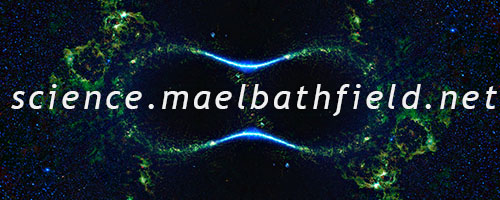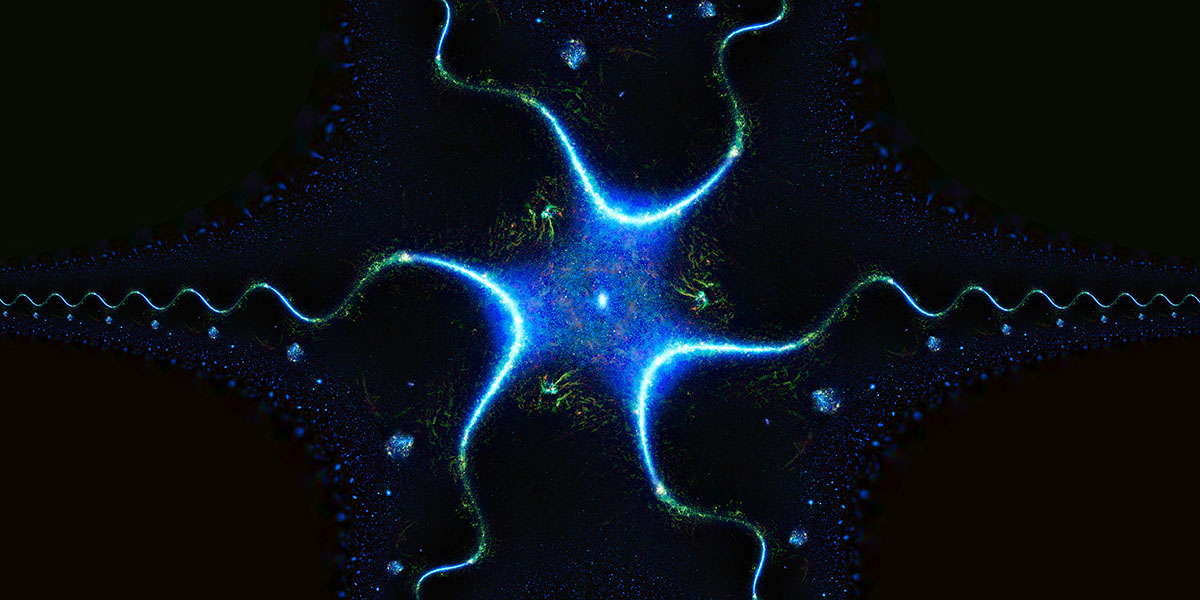In one sentence:
First, make ‘fictional’ epistemology in order to propose, in a second time, new unexpected basics for fundamental/theoretical physics.
In a little more detail:
My current research project in epistemology is based on the following working hypothesis:
Could the problems encountered by current fundamental/theoretical physics have their origin in implicit (or ‘forgotten’) assumptions accepted from the very beginning of the construction of our modern theories?
The problems in question are the ‘big’ problems of physics, i.e. the lack of a ‘realistic’ interpretation of quantum theory, incompatibility between general relativity and quantum physics, the nature of dark matter, the nature of dark energy, etc….
It is therefore in some way doing a split between the current concerns of theoretical physicists and those of epistemologists and science historians.
This naturally leads to a strong interest in the history of science of the end of the 19th and the beginning of the 20th century, a period during which the two main theoretical cornerstones of present-day physics were born: the theory of general relativity (TGR) on the one hand, and the ‘quantum theory’ on the other. It should be noted that another important element of modern physics, the theory of special relativity (TSR), is common to these two cornerstones: for the first one, the notion of space-time (‘mathematically’ constructed by H. Minkowski, but resulting from the works of H. Lorentz and A. Einstein) is essential to TGR; as for the second, the standard model of particle physics (one of the sub-domains of ‘quantum theory’) has for example incorporated TSR through the presence of antiparticles (via the Dirac equation).
However, my approach is really not that of a science historian since I re-examine the construction of past knowledge with the help of current knowledge: I therefore use anachronism (the sin of a true historian!) as a heuristic tool to try to perceive implicit foundations of physical theories, i.e. hypotheses never really formulated (or never highlighted) but logically necessary for their global consistency.
A work of ‘classical’ epistemology is normally respectful of the historical context in which a knowledge/theory was built (thus avoiding for example anachronisms such as interpreting an experiment with notions that appeared later); it is therefore a ‘realistic’ epistemology: one tries to put oneself in the place of the scientist in his time in order to understand, for example, how he interpreted such and such an experiment or proposed such and such a theory. Now, in many cases, the interpretation of an experiment (or the choice of the fundamental notions of a theory) could have been confronted with several logical possibilities; thus the choice among these possibilities is then often constrained by several parameters: scientific context, historical context, sociological context, psychology of the scientist, etc., and it is precisely the role of the historian of science to try to evaluate the importance of each of these parameters. By remaining faithful to historical contexts, one can therefore potentially reconstruct the way of thinking of scientists in order to arrive at exactly the same results as they did: one thus understands how and why such knowledge was constructed, which is the very purpose of the history of science and epistemology. Conversely, if one deliberately mobilizes current knowledge to interpret historical experiences or to judge the relevance of a theoretical choice of the past, one certainly has little chance of understanding the previous scientists, but it is sometimes possible to reach interpretations/conclusions different from those proposed (and/or accepted and/or validated) until then. This is doing what we could call ‘fictional’ epistemology: if a particular scientist of a certain period had access to part of our current knowledge, what might have changed in the continuation of these experiments/theories? In short, it can give new ideas for the understanding of the physical world; this is the heuristic dimension of the exercise. It is in a way hijacking the goal of a classical epistemology in favor of theoretical physics (in the sense of bringing new concepts that can be potentially mobilized in the construction of innovative theoretical frameworks).
It should be noted that this exercise in ‘fictional’ epistemology does not necessarily involve real anachronisms: one can also play with the non-knowledge or non-taking into account, whether voluntary or not, on behalf of a scientist (or a community of researchers) of elements of knowledge produced by other scientists and/or other disciplines, even though they are from the same period. A typical example might be the interpretation of an experiment that is presented by the experimenter as the discovery of a particular phenomenon or entity, whereas from a purely epistemological point of view, it cannot be an ultimate proof (according to the principle of ‘under-determination of theories by data’) but is only the refutation of an adverse hypothesis. This ‘discovery’ then passes into posterity only because of the lack of imagination of other researchers (contemporaries of the experiment or later) who do not suggest other hypotheses that are not compatible with this ‘discovery’ but remain in agreement with the experiment (then wrongly called ‘crucial’). A concrete example is perhaps the ‘discovery’ of the electron by J.J. Thomson in 1897. Indeed, among the ‘new unexpected basics’ mentioned above, there is in particular the possibility of understanding the physical world without the concept of electron!
My publishing method
My first publication (Foundations of Science 2018) as part of this research project deals with the Zeno’s paradoxes of motion. This subject may seem very different from the concerns described above. However, it is the same approach: it is to consider the question (which may indeed seem absurd) “What if Zeno had known about the existence of thermal agitation, what would it change in his argumentation ? ». The consequence of such a ‘bizarre’ hypothesis is to have been able to find what has been lacking for 25 centuries, namely a logical solution to these famous paradoxes. This solution consists in rejecting the notion of immobility as being relevant to describe reality. I have the impression that this simple result can change the game both at a philosophical and scientific level: it is the aim of my future works and articles to make this impression more practical.
This research project may seem rather heterodox, but my ‘strategy’ for sharing my ideas remains that of a ‘normal’ academic researcher: I write articles that I submit to philosophical/scientific journals; either it is accepted for publication and is then announced on this website, or it is rejected with the hope of getting constructive criticism from the reviewers in order to improve the article (and then submit it in another journal again). My first publication (Foundations of Science 2018) is for example the result of three review processes (and the final published version is quite different from the first submitted version; thanks to the six anonymous reviewers for their constructive contributions). In short, I do not wish to reveal all my research tracks on this site before peer review.
In particular, I already have some quite precise ideas about a new theoretical framework that seems promising enough to solve the ‘big’ problems of physics. These ideas came to me partly after the observation of some epistemological weaknesses in current theories. Because I do not wish to reproduce the errors of some previous scientific approaches, this new theoretical framework will probably only be released once I am sure that the philosophical (or even metaphysical) foundations that underlie it are robust. Thus, my current work in philosophy of science is a way of preparing the foundations for a more ambitious (but perhaps even too ambitious!) scientific framework. In this sense, I defend a natural continuity between the disciplinary field of philosophy (of science) and that of fundamental/theoretical physics, which does not seem to me to be too much the case in the current organization of research.
Source (before modification) of illustration image: http://wise.ssl.berkeley.edu/gallery_thesky.html

